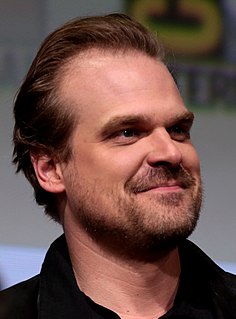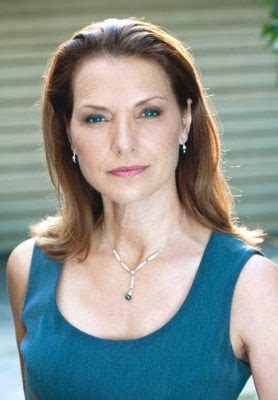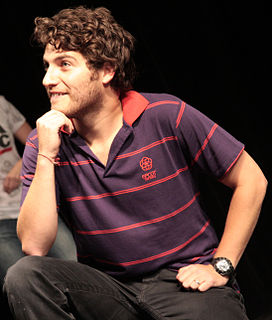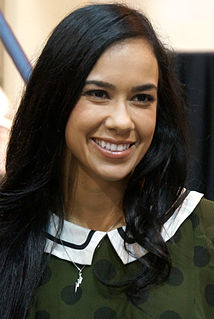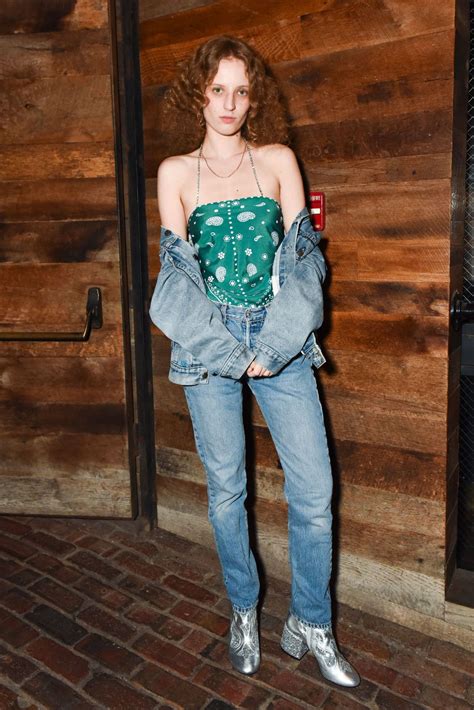A Quote by David Harbour
I was sober for, like, a year and a half, and I was 25, and I actually did have a manic episode, and I was diagnosed as bipolar.
Related Quotes
When I taught writing classes to psychiatric patients, I met people whose stories of manic highs and immobilizing lows appeared to be textbook descriptions of classic bipolar disorder. I met other patients who had been diagnosed with myriad disorders. No doctor seemed to agree about what they actually suffered from.
I learned that I suffered from bipolar II disorder, a less serious variant of bipolar I, which was once known as manic depression. The information was naturally frightening; up to 1 in 5 people with bipolar disorder will commit suicide, and rates may even be higher for those suffering from bipolar II.
When I was diagnosed with bipolar disorder the year I turned 50, it was certainly a shock. But as a journalist, knowing a little bit about a lot of things, I didn't suffer the misconception that depression was all in my head or a mark of poor character. I knew it was a disease, and, like all diseases, was treatable.
I very classically would go into manic phases, which were as dangerous, if not more so, than the depressed phases, and I think I'd come up with the best ideas I ever had, and then the next day, I'd look at them and be like, 'This is nonsense,' because it was born out of a manic episode. What a waste of time.
My mother struggled immensely with mental illness, and so did I. She grew up bipolar, but it was never diagnosed nor recognized. It was shrugged off like a 'symptom' of being female - of her being weak. I also experienced this growing up: I felt that the great pain I experienced was a dramatisation.
Manic depression is a type of depression, technically, and it's the opposite of uni-polar. Manic depression is also called bi-polar disorder. Some people don't like to call it that because they think it makes it sound too nice, when the reality is if you have manic-depression you have manic-depression.
